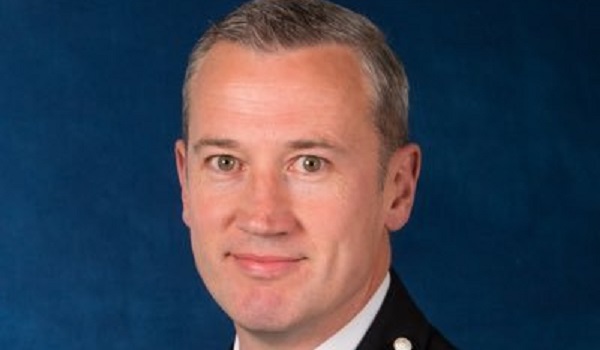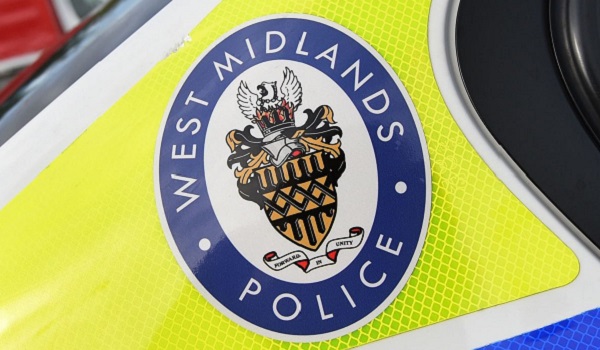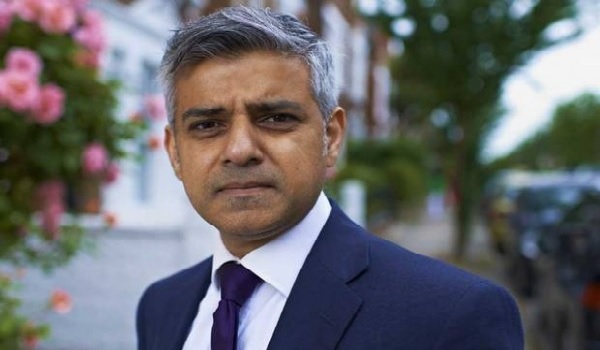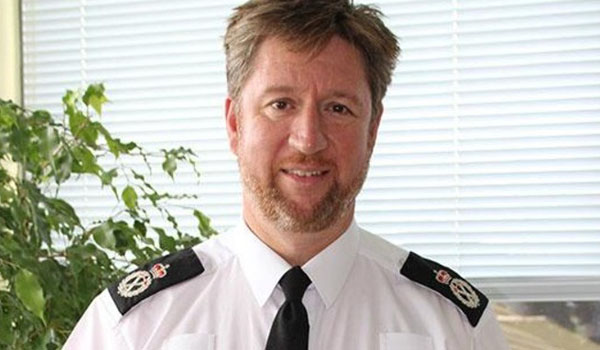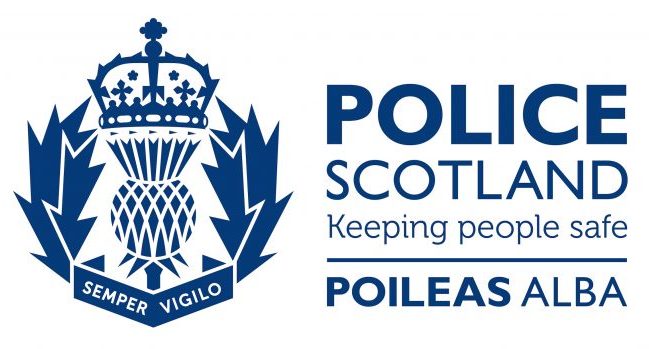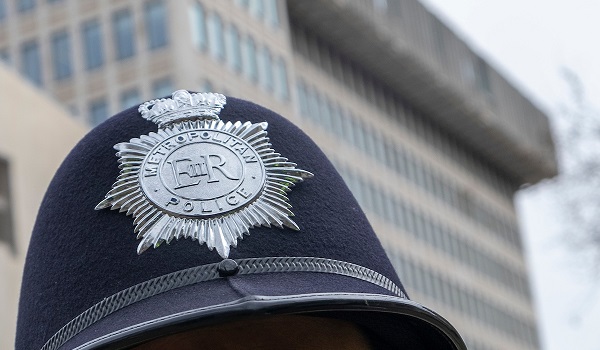Investigation into ‘transphobic tweets’ was ‘disproportionate’ but hate crime guidance ruled lawful
Officers from Humberside Police unlawfully interfered with a man’s right to freedom of expression by turning up at his place of work to speak to him about allegedly “transphobic” tweets, the High Court has ruled.
Harry Miller, himself a former police officer, posted a number of tweets between November 2018 and January 2019 about transgender issues as part of the debate about reforming the Gender Recognition Act 2004.
He was contacted by Humberside Police last January after a complaint was received. Officers visited Mr Miller’s workplace and then spoke with him on the phone, and he was left with the impression “that he might be prosecuted if he continued to tweet”, according to the judge.
Mr Miller was told that, while he had not committed a crime, his tweeting was being recorded as a “hate incident”.
The Humberside officers based their decision on guidance from the College of Policing, which defines a transgender hate incident as “any non-crime incident which is perceived, by the victim or any other person, to be motivated by a hostility or prejudice against a person who is transgender or perceived to be transgender”.
However, the court found the force’s actions were a “disproportionate interference” on his right to freedom of expression. Mr Justice Julian Knowles said the effect of police turning up at Mr Miller’s place of work “because of his political opinions must not be underestimated”.
He added: “To do so would be to undervalue a cardinal democratic freedom. In this country we have never had a Cheka, a Gestapo or a Stasi. We have never lived in an Orwellian society.”
One person, known in court as Mrs B, had complained about the tweets and they had been recorded as a hate incident “without any critical scrutiny…or any assessment of whether what she was saying was accurate”, said the judge.
He added: “The claimants’ tweets were lawful and there was not the slightest risk that he would commit a criminal offence by continuing to tweet.
“I find the combination of the police visiting the claimant’s place of work, and their subsequent statements in relation to the possibility of prosecution, were a disproportionate interference with the claimant’s right to freedom of expression because of their potential chilling effect.
“I conclude that the police left the claimant with the clear belief that he was being warned by them to desist from posting further tweets on transgender matters even if they did not directly warn him in terms.
“In other words, I conclude that the police’s actions led him, reasonably, to believe that he was being warned not to exercise his right to freedom of expression about transgender issues on pain of potential criminal prosecution.”
Speaking after the ruling, Mr Miller said: “This is a watershed moment for liberty – the police were wrong to visit my workplace, wrong to ‘check my thinking’.”
His solicitor Paul Conrathe added: “It is a strong warning to local police forces not to interfere with people’s free speech rights on matters of significant controversy.”
Helen Belcher, who co-founded Trans Media Watch, said: “I think trans people will be worried it could become open season on us because the court didn’t really define what the threshold for acceptable speech was. I think it will reinforce an opinion that courts don’t understand trans lives and aren’t there to protect trans people.”
Mr Miller, 54, had also launched a wider challenge against the lawfulness of College of Policing guidelines on hate crimes but this was rejected. Mr Justice Knowles said the current guidelines “serve legitimate purposes and [are] not disproportionate”.
Deputy Chief Constable Bernie O’Reilly, Director for Standards and Communications at the College of Policing said: “It is pleasing that today’s judgment found that the College of Policing’s guidance on the recording of non-crime hate incidents is both lawful and extremely important in protecting people. Policing’s position is clear – we want everyone to feel able to express opinions as passionately as they wish without breaking the law.
“A priority for police is protecting people from physical harm. Hate incidents can be a precursor to these types of crimes and without recording them the police will begin to lose sight of what is happening in their communities – and potentially lose their confidence.
“The findings of the Stephen Lawrence Inquiry, on which some of our guidance was based, demonstrate the importance for us to understand how hate can escalate among communities. Our guidance is about protecting people because of who they are and we know this is an area where people may be reluctant to report things to us because of the very personal nature of what they experience or perceive.
“In policing we don’t always get things right and there will of course be some learning following today’s judgement.
“Policing is a tough job with colleagues across England and Wales doing their best every day and to balance the needs and rights of everyone, making good decisions with the overall aim of protecting people.”
The current guidance, which the College of Policing began reviewing last year, is informed by prior policies and reports including the Macpherson Report into the murder of Stephen Lawrence and the Criminal Justice Act 1991, which introduced a focus on the recording of data relating to hate incidents.
Mr Miller has appealed against the ruling about the College of Policing guidance and permission has been granted for the case to go straight to the Supreme Court.


